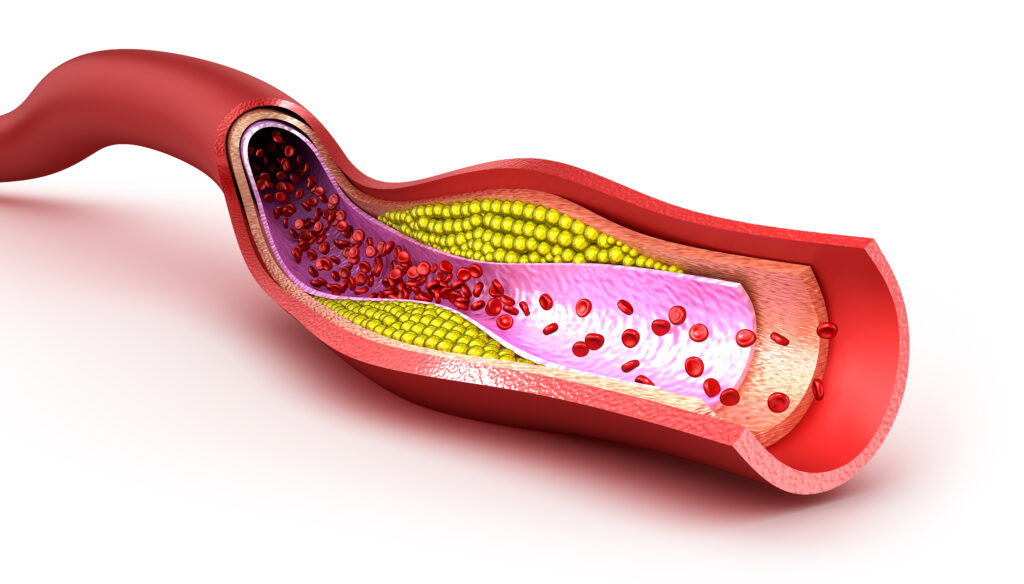WHAT IS DYSLIPIDEMIA

Dyslipidemia refers to an imbalance in the levels of lipids in the blood. The primary lipids of concern are:
1. Cholesterol: A waxy substance that is essential for building cell membranes and hormones.
2. Triglycerides: A type of fat used for energy storage.
Dyslipidemia is an important modifiable risk factor for the development of atherosclerosis and cardiovascular disease.
World Health Organization estimates that dyslipidemia is associated with more than 50% of global cases of ischemic heart disease and over 4 million deaths per year.
About 80% of lipid disorders are related to diet and lifestyle, with the remainder being familial.
